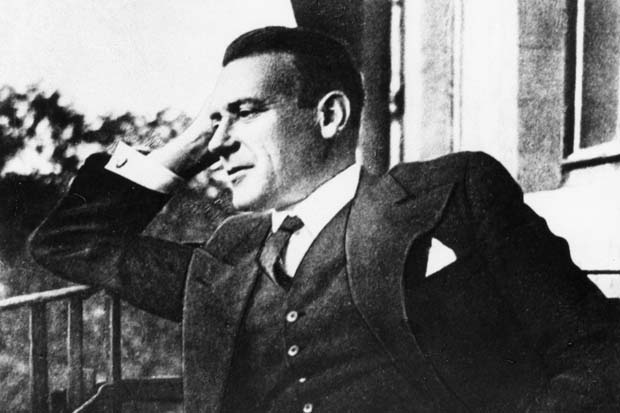If ever I found myself at a pretentious literary party obliged to play David Lodge’s ‘Humiliation’ game and to confess to the great books I’ve never read, I’d only escape the ignominy of winning (by being the most ignorant) because of the radio and the almost weekly possibility of hearing yet another classic adapted as a drama or read at bedtime. The nuances of the novel may be lost in translation — the depth of characterisation, the complexities of the plot, its many threads and diversions — but a good adaptation will capture the essence, the true feeling of the original and take us there in our imaginations as effectively as reading from the page, if by a very different route.
Take Lucy Catherine’s The Master and Margarita, adapted from Mikhail Bulgakov’s classic for Radio 3 as a one-off drama on Sunday night and produced by Sasha Yevtushenko. To my shame, I’ve never read what many consider to be one of the great Russian novels, if not the greatest, but it’s always been on my list of must-but-probably-never-reads. It’s a fearsomely complex book (written in the 1930s but not published until 1967, decades after Bulgakov had died), magic realist before its time, and so almost perfect for radio. There are two converging scenarios — the cowardly literary scene in Moscow under Stalin and the failure of Pontius Pilate to reprieve Yeshua (Jesus Christ) in the face of the determination of the Sanhedrin in Jerusalem to get rid of this wandering prophet with his heretical ideas. These two very different worlds are brought together by the Master, who has written a novel about Pilate and the wicked workings of Satan, in the person of Professor Woland, and his henchmen, the absurd but vicious Koroviev and his violin-playing cat Behemoth, aided by the alluring but deadly Hella.
An alternative dimension — disappearing writers, naked women flying through the air, showers of shoes, handbags, lipsticks —is opened up by Woland’s antics, especially his hugely popular black-magic act, all made very possible on radio through the aural soundscape created by the specially composed music of Stephen Warbeck and the work of Colin Guthrie and Caleb Knightley.








Comments
Join the debate for just £1 a month
Be part of the conversation with other Spectator readers by getting your first three months for £3.
UNLOCK ACCESS Just £1 a monthAlready a subscriber? Log in